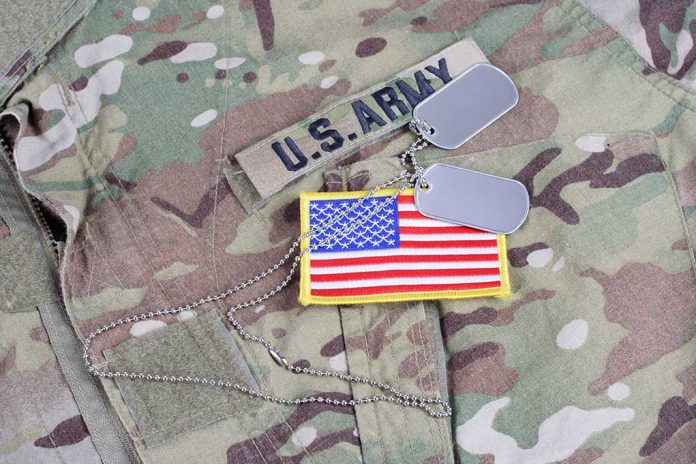
U.S. Special Forces are set to return to Chad, marking a significant shift in regional counterterrorism strategy just months after their withdrawal.
At a Glance
- Chadian President Mahamat Deby approves the return of limited U.S. Special Forces.
- The U.S. is planning a smaller operation focusing on counterterrorism against Boko Haram and ISIS.
- The decision comes after a recent U.S. military withdrawal from Niger.
- The move reflects the U.S. Africa Command’s efforts to “reset and recalibrate” its regional strategy.
- Chad’s importance grows as the U.S. loses access to former counterterrorism hubs due to coups.
Chad Welcomes Back U.S. Special Forces
In a surprising turn of events, Chad has reportedly agreed to bring back some U.S. special forces just months after their withdrawal. This decision, made by Chadian President Mahamat Deby, comes at a crucial time as the United States recalibrates its counterterrorism strategy in West Africa. The move follows the recent U.S. military withdrawal from Niger, which ended a significant American presence in the region.
Major General Kenneth Ekman, who oversaw the U.S. withdrawal from Niger, confirmed the agreement in an exclusive interview. The return of U.S. forces to Chad will involve a smaller operation than before, focusing primarily on counterterrorism efforts against Boko Haram and Islamic State militants.
#SCOOP – US General: #Chad agrees to bring back US forces https://t.co/ozTei5pE3R
— Carla Babb (@CarlaBabbVOA) September 20, 2024
Shifting Landscape in West Africa
The decision to return to Chad comes amid significant changes in the regional security landscape. Recent coups in Niger, Burkina Faso, and Mali have closed off major U.S. counterterrorism hubs, forcing the U.S. Africa Command to reassess its strategy. U.S. law prevents direct military cooperation with countries that have experienced coups, further complicating the situation.
Maj. General Kenneth Ekman told VOA in an interview Thursday that an agreement was reached to allow for the return of a limited number of Special Forces. “It was a presidential decision by [Chadian] President [Mahamat] Deby, but the decision is made, and now we’re working through the specifics on how we return.”
With the loss of these strategic locations, countries like Ivory Coast, Nigeria, Ghana, Benin, and Chad have become increasingly important in shaping U.S. counterterror strategy in West Africa. However, it’s worth noting that Ghana and Nigeria have expressed reluctance to host U.S. forces, adding another layer of complexity to the situation.
Challenges and Opportunities
The return to Chad presents both challenges and opportunities for U.S. counterterrorism efforts. While the presence of American forces will bolster regional security, the operation will be more limited in scope compared to previous deployments. This scaled-back approach reflects the changing dynamics in the region and the need for a more adaptable strategy.
“The direction of approach from Chad is immensely important,” Ekman said, especially following the U.S. military withdrawal from Niger that officially ended on Sunday with his departure from Niamey. “If our presence in Niger allowed us to go inside out, relative to the Sahelian-based VEO [violent extremist organization] threat, we now have to revert to going outside in.”
The U.S. military acknowledges that countering terrorism in the region requires more than just military solutions. There’s a growing recognition of the need for diplomatic and economic approaches to address the root causes of extremism. This holistic strategy aims to create more sustainable security in the long term.
Looking Ahead
As U.S. special forces prepare to return to Chad, the future of American military involvement in West Africa remains uncertain. The withdrawal from Niger has impacted the U.S.’s ability to monitor violent extremist threats in the region, making the Chad deployment all the more critical. However, officials stress that this will not be a return to large-scale operations like those previously conducted in Niger.
“I don’t think you’re going to see another Air Base 201,” a senior U.S. military official said, referring to the $100 million drone base in Niger.
The success of this new deployment in Chad will likely shape future U.S. counterterrorism efforts in West Africa. As the region continues to grapple with the threat of extremist groups, the role of U.S. special forces and their partnerships with local governments will be crucial in maintaining stability and security in this volatile part of the world.
Sources
- US general: US, Chad planning return of US troops
- U.S. special forces to return to Chad after Presidential approval
- U.S. to Withdraw Troops From Chad, Dealing Another Blow to Africa Policy





